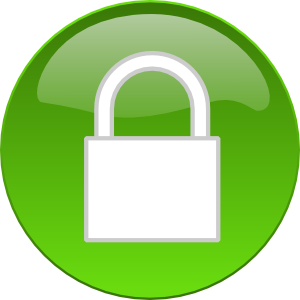Sometimes we can throw the baby out with the bathwater when we think that advice online doesn't apply to B&B websites, but if you look at it AS applying to your website you might glean some useful tips. After all, we are SELLING ROOMS, we are SELLING AN EXPERIENCE as well.
This is worth a read. Some noteworthy excerpts :
[h2]Element #2 – Customer Confidence[/h2]
Despite the fact that so many transactions are carried out online, the lack of personal interaction in this medium means that even the smallest thing that’s out of place on your ecommerce pages can rapidly erode customers’ trust in your product and business.
Element #4 – Tell Me And Show Me
Too many product pages provide too little insight into what the customer is actually buying. (!!! GET THOSE PHOTOS ON YOUR SITE, LARGE AND IN CHARGE INNKEEPERS! DON'T KEEP THE ROOMS A SECRET!)
[h1]Help Your Website Sell More: 11 Overlooked Page Elements That Drive Online Sales[/h1]
Read entire article here http://blog.kissmetrics.com/help-your-website-sell/
This is worth a read. Some noteworthy excerpts :
[h2]Element #2 – Customer Confidence[/h2]
Despite the fact that so many transactions are carried out online, the lack of personal interaction in this medium means that even the smallest thing that’s out of place on your ecommerce pages can rapidly erode customers’ trust in your product and business.
Element #4 – Tell Me And Show Me
Too many product pages provide too little insight into what the customer is actually buying. (!!! GET THOSE PHOTOS ON YOUR SITE, LARGE AND IN CHARGE INNKEEPERS! DON'T KEEP THE ROOMS A SECRET!)
[h1]Help Your Website Sell More: 11 Overlooked Page Elements That Drive Online Sales[/h1]
Read entire article here http://blog.kissmetrics.com/help-your-website-sell/






